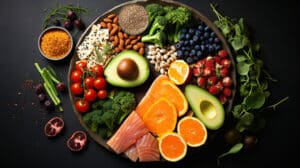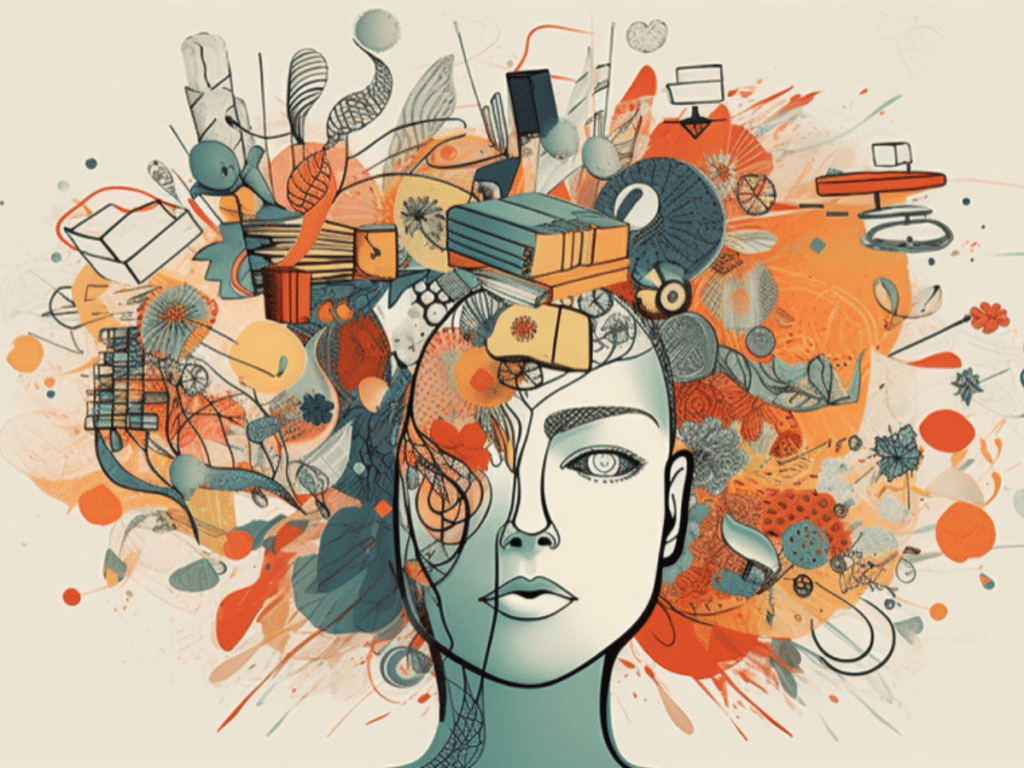In the realm of nutrition, grains have long been touted as a cornerstone of a healthy diet. However, recent research has shed light on the potential drawbacks of grain consumption, particularly in individuals with gluten sensitivity or those following a ketogenic diet. While they offer a range of essential nutrients, they can also harbour nutrient deficiencies that may impact brain function.
But what if there was a way to enjoy the benefits of grains without the drawbacks?
This article will explore the intricate relationship between grains, nutrient deficiencies, and brain function. We’ll uncover the hidden nutritional gaps in grains and find strategies to ensure your brain gets the nutrients it needs to thrive.
Unlocking Cognitive Power: How Grains Impact Brain Nutrition

Grains, particularly refined grains, often lack certain nutrients for optimal brain health. These nutrient deficiencies can manifest in various cognitive impairments, including difficulty learning, memory problems, and impaired concentration.
- Iron: Iron plays a critical role in oxygen transport to the brain, supporting cognitive function and memory.
- Magnesium: Magnesium is essential for nerve function and neurotransmitter synthesis, influencing mood, learning, and memory.
- Vitamin B12: Vitamin B12 is vital for myelin production, the protective sheath surrounding nerve fibres, ensuring proper nerve communication and cognitive function.
Deficiencies in these nutrients can manifest in various cognitive impairments, including difficulty learning, memory problems, and impaired concentration.
Grains’ Nutrient Impact: Exploring the Connections
The processing of grains often strips away essential nutrients, leaving them with reduced nutritional value. Moreover, certain grain-based products, such as white bread and pasta, have a high glycemic index, causing rapid blood sugar spikes and crashes. These fluctuations can contribute to cognitive fog and energy slumps.
Nutritional Gaps from Grains: Alternative Sources of Essential Nutrients
For individuals with gluten sensitivity or those following a ketogenic diet, minimising grain consumption may be necessary. However, it’s crucial to ensure adequate intake of the nutrients lacking in grains. Here are some alternative sources:
- Iron: Red meat, poultry, fish, beans, lentils, and iron-fortified cereals.
- Magnesium: Leafy green vegetables, nuts, seeds, legumes, and dark chocolate.
- Vitamin B12: Animal products, such as meat, poultry, fish, eggs, and dairy, are the primary sources of vitamin B12. For those avoiding animal products, fortified foods and supplements may be necessary.
Conclusion: Empowering Informed Choices
Grains can be a part of a healthy diet. Still, it’s essential to be mindful of their potential nutrient deficiencies and the impact on brain function, especially for those with gluten sensitivity or following a ketogenic diet. By understanding the role of grains in nutrient deficiencies and exploring alternative sources of essential nutrients, individuals can make informed choices that support optimal brain health and overall well-being.
Ketology Reminder:

Navigating the ketogenic diet and optimising your brain health can be a journey, and we’re here to guide you every step of the way. Our team of keto experts is dedicated to providing personalised advice tailored to your unique needs and goals. Whether you’re seeking strategies to enhance cognitive function, address nutrient deficiencies, or simply refine your ketogenic approach, we’re here to support you.
Reach out to us today and discover how we can empower you to achieve optimal brain health and overall well-being through the ketogenic diet.
Together, let’s unlock your brainpower and unleash your full potential.




